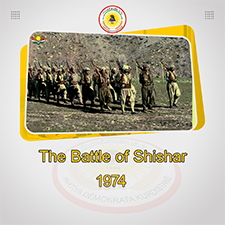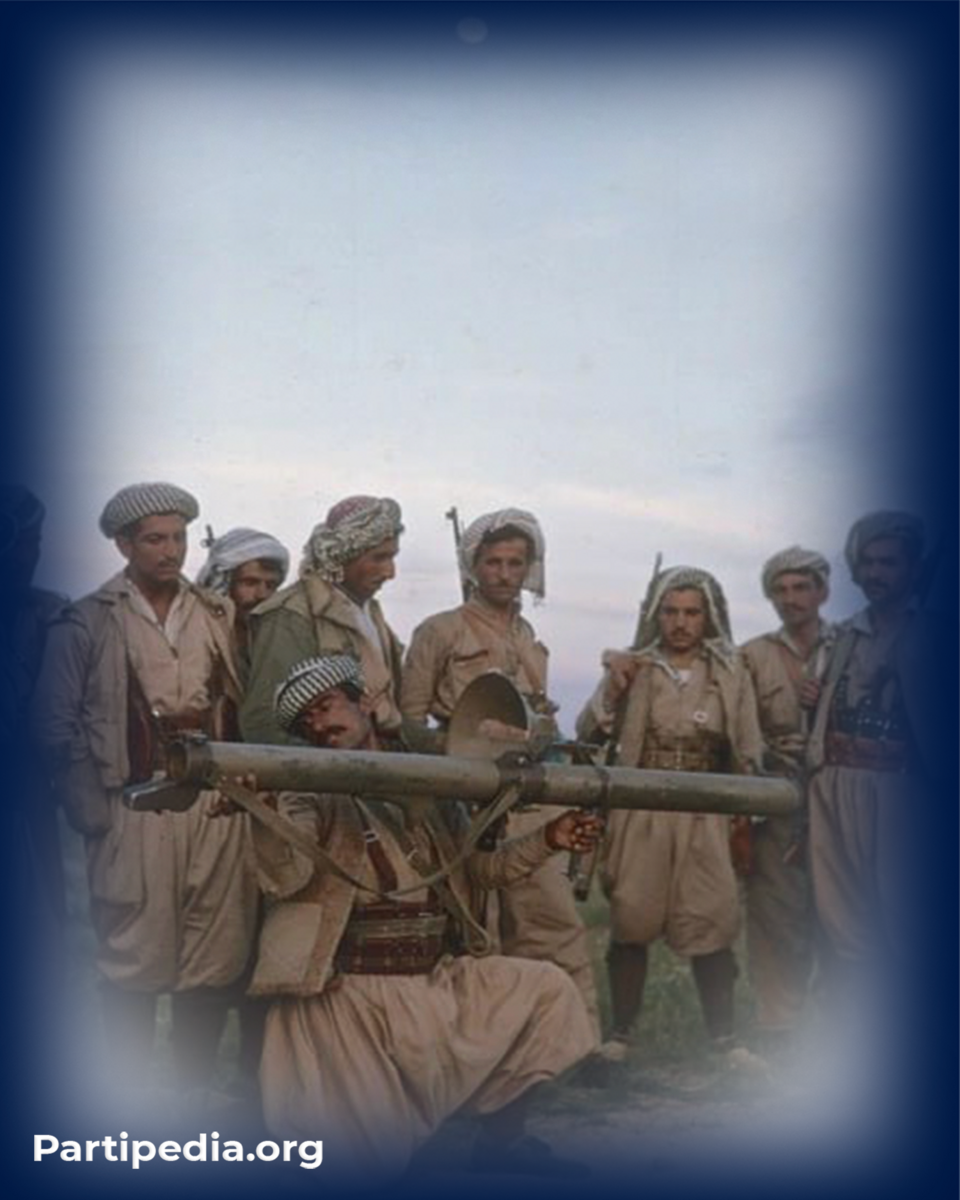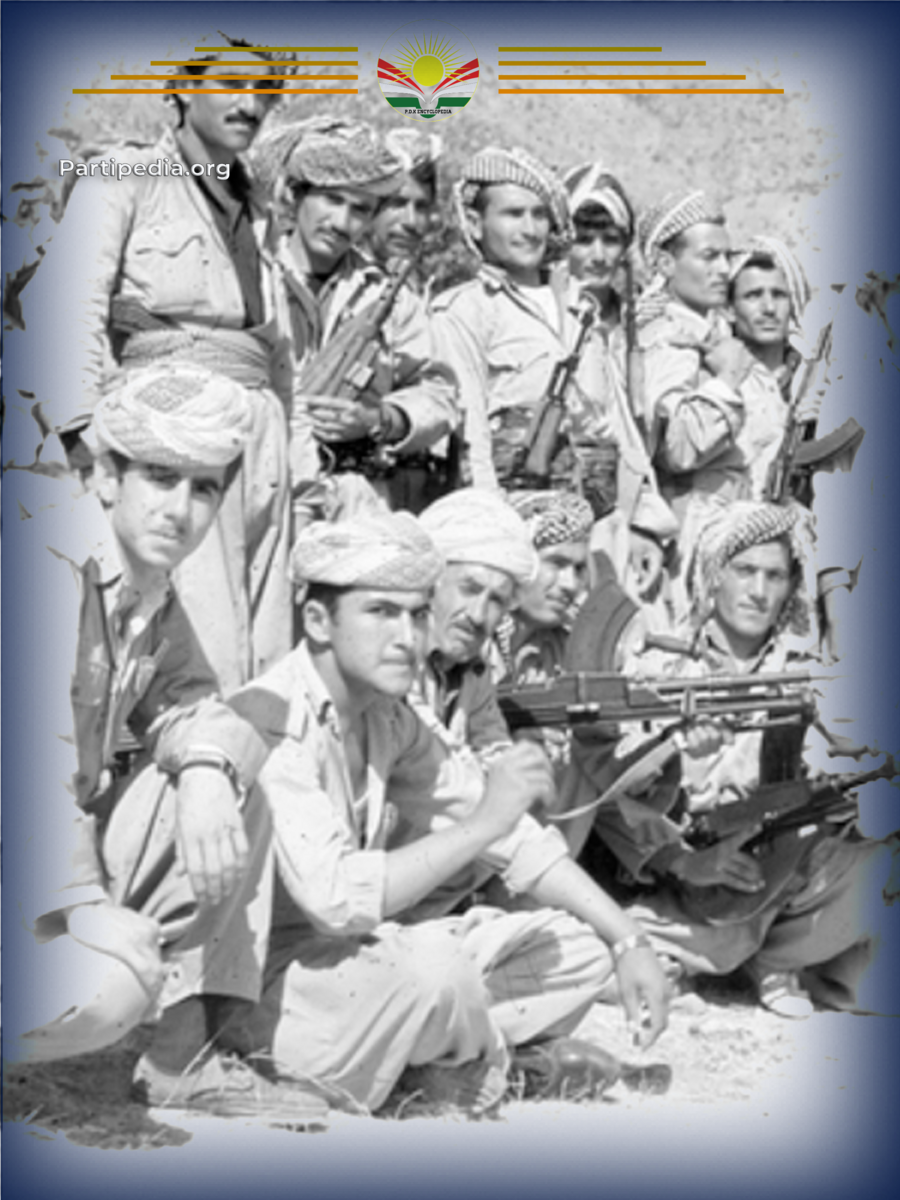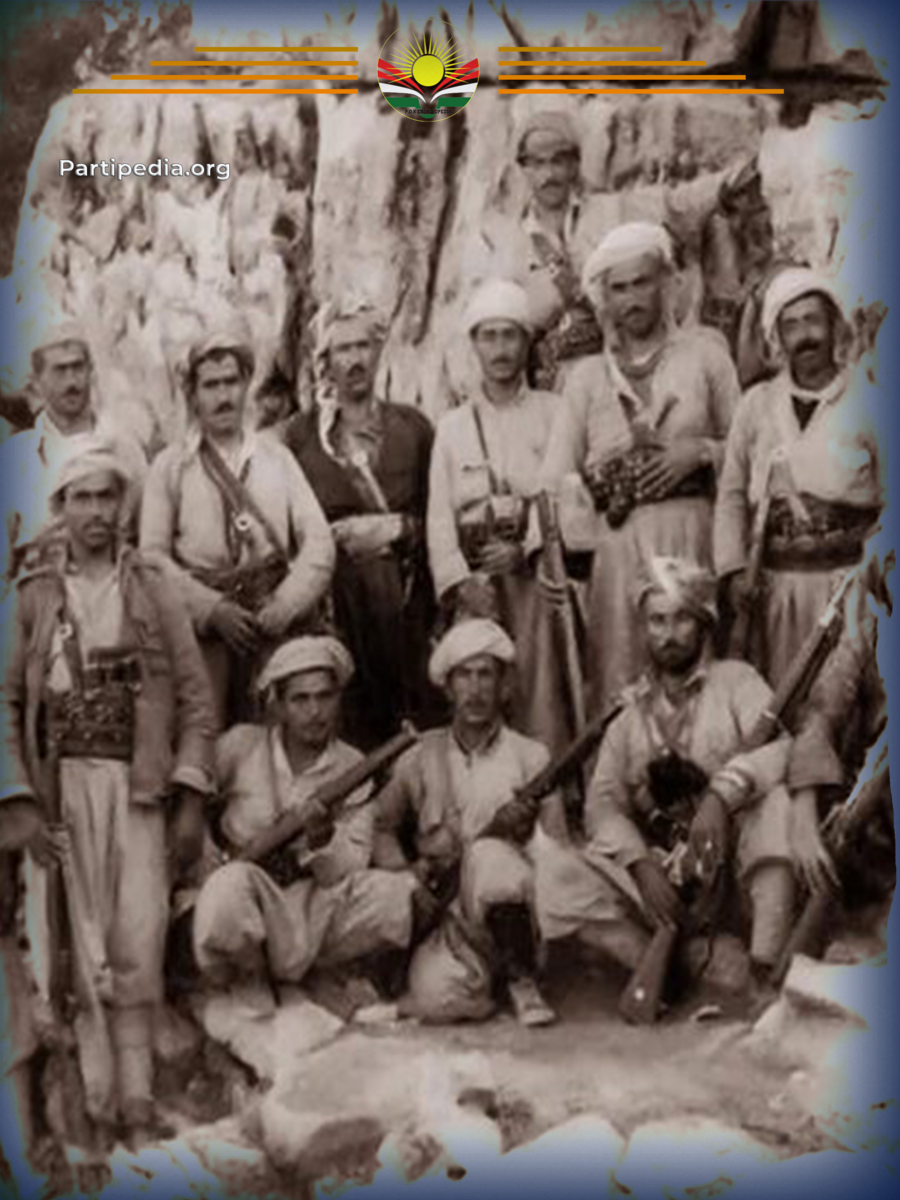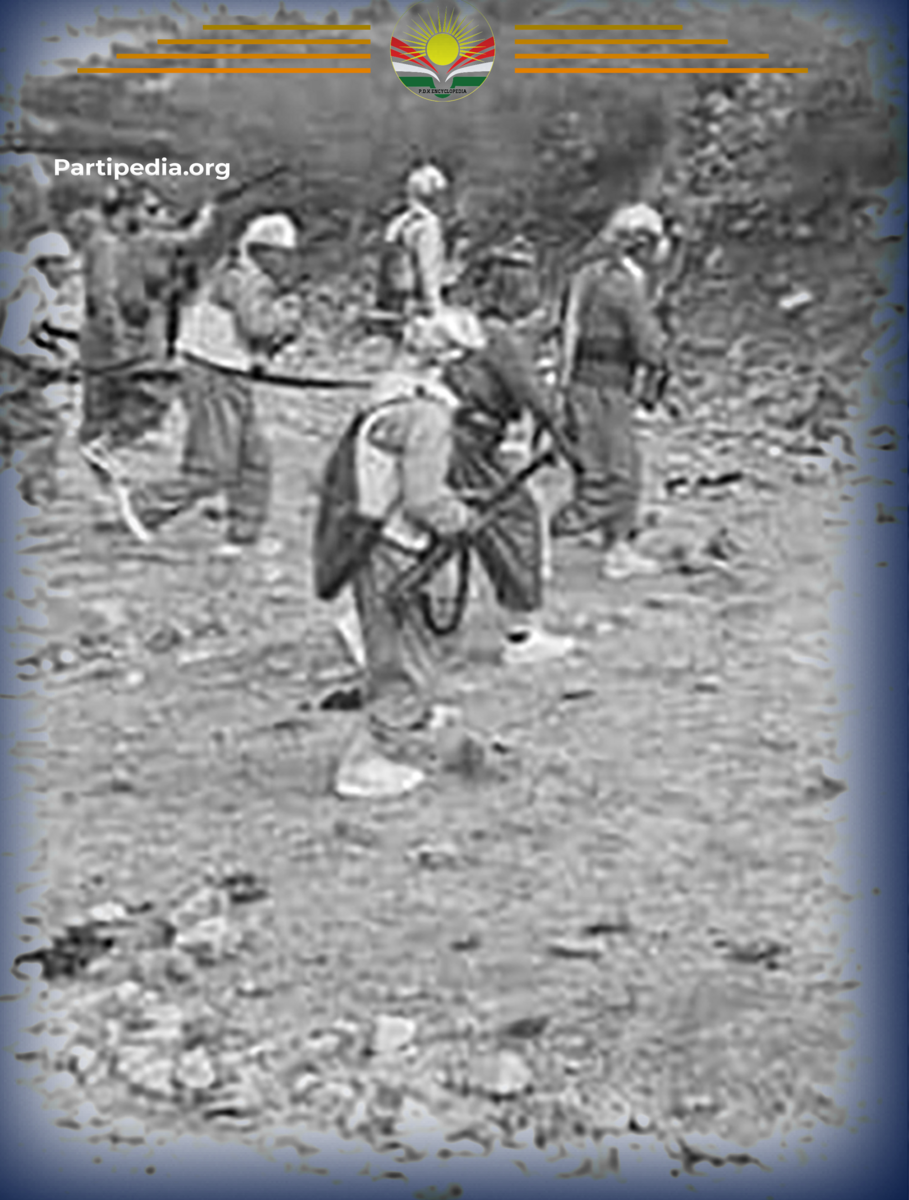Shishar is a challenging and strategically significant mountain which situated in the Betwate area near Makok Mountain and Sarwchawa village. Its formidable nature has rendered any military force in possession of the mountain incapable of exercising control over the area, since it dominates the entire area and overlooks the Saruchawa-Balisan road.
Following the Iraqi army's unsuccessful attempts to advance in Mount Kiwarash, Makok, and Hawre, they devised a plan in mid-September 1974 to capture Shishar Mountain in order to gain ascendancy over the entire region. Moreover, this capture would serve multiple objectives, such as narrowing the Peshmerga positions, particularly the forces stationed in Mount Hawre. The Peshmerga forces were hindered from traversing the valley between Mount Shishar and Makok, while the Iraqi army exerted pressure on the Peshmerga forces in Betwata and Balisan. Additionally, capturing the mountain would extend the range of the Iraqi army's artillery beyond its previous capabilities.
The commander of the 2nd Peshmerga Army, Rashid Sindhi, issued orders for the Safin, Erbil Plain, and Betwata forces to reinforce the defense line in the Balisan Valley. Additionally, the Erbil plain force was instructed to coordinate and collaborate with the Kawa force in Pishder. The 2nd Division of the Iraqi Army, comprising a tank battalion, 16 armored vehicles, air force, and mercenaries (jash), were fully prepared to launch an offensive on Mount Shishar. On the defensive front, the Peshmerga forces consisted of the 3rd Battalion of Safin Force, led by Mohammed Sabir, Omar Sultan, 2nd Branch, and Sadiq Mohammed Amin, 3rd Branch.
The offensive by the Iraqi army commenced with a barrage of heavy shelling directed at the Peshmerga positions. The objective was to incapacitate the Peshmerga and facilitate the army's ascent up the mountains. Subsequently, the army infantry forces launched an attack on the Peshmerga positions. Despite being well-prepared and organized, the Peshmerga forces engaged the enemy and forcefully repelled their advance. The attack resulted in a number of casualties, with three Peshmergas losing their lives and several others sustaining injuries.
Throughout this period, the Iraqi army persistently bombarded the Peshmerga, yet failed to gain control of the mountain until the collapse of the 1975 revolution. Following their unsuccessful attempt to capture Shishar in late September, the army altered its strategy and initiated a series of assaults on the Raqqa Valley. This was intended to alleviate the strain on their forces at the Ruandz front, allowing for the relocation of a portion of the Peshmerga forces to the Betwata area. Additionally, the objective was to relieve the pressure exerted by the Peshmerga on the battle's front lines, enabling the army to advance its forces from that position. However, the combined forces of Safin, Dashti Erbil, Betwata, and the 4th Battalion of Zozk thwarted their progress and emerged victorious in repelling the enemy's attacks.
Resources:
-
مسعود بارزانی: بارزانی و بزوتنەوەى ڕزگاریخوازی کورد، بەرگی سێیەم، بەشی دووەم، شۆڕشی ئەیلوول ١٩٦١-١٩٧٥، چاپى یەکەم – هەولێر، ٢٠٠٤.
-
سهنگهر ئيبراهيم خۆشناو: ڕووداوه سهربازيهكانى شۆڕشى ئهيلوول 1970-1975، چاپى يهكهم، ههولێر، 2022.
-
خوڕشید شێرە: خەبات و خوێن، بیرەوەریەکانى ساڵانى پێشمەرگایەتى، چاپخانەى حاجى هاشم، چاپى سێیەم، هەولێر – ٢٠١٥.
-
سەید کاکە: بیرەوەرى پێشمەرگەیەک، چاپخانەى وەزارەتى ڕۆشنبیرى، چاپى یەکەم، هەولێر- ١٩٩٧.




